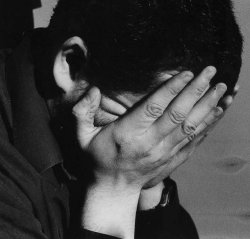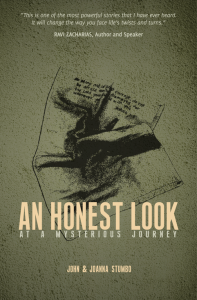It is not in human nature to extend forgiveness.
The Hebrew Psalmist, reflecting upon the destruction of Jerusalem, prayed: “Remember, LORD, what the Edomites did on the day Jerusalem fell. ‘Tear it down,’ they cried, ‘tear it down to its foundations!’ Daughter Babylon, doomed to destruction, happy is the one who repays you according to what you have done to us. Happy is the one who seizes your infants and dashes them against the rocks.” (Psalm 137:7-9)
William Willimon tells of a rabbi friend who once confided to him that he admired most of what Jesus said and did, but that he found His first words from the cross “most offensive, lamentable, and reprehensible” Why? “We’ve had enough Jews crucified by gentiles. We don’t need any more Jews forgiving gentiles for killing Jews.” (p.11, Thank God It’s Friday)
Elie Wiesel, the renown professor, author, human rights activist, Nobel Laureate, and Holocaust survivor was asked to offer prayer at the official events commemorating the 50th Anniversary of the liberation of Auschwitz and Birkenau. He prayed, “God of forgiveness, do not forgive those who created this place. God of mercy, have no mercy on those who killed Jewish children here. Do not forgive the murderers or their accomplices whose work was to kill. . . . Remember the nocturnal processions of children, so many children, all so wise, so frightened, so beautiful. . . . God of compassion, have no compassion for those who had none.” (p.194, And the Sea is Never Full)
We can all be thankful that it is in the divine nature to be more gracious.
Hanging on the cross, Jesus Christ prayed, “Father, forgive them, for they do not know what they are doing.” (Luke 23:34)

